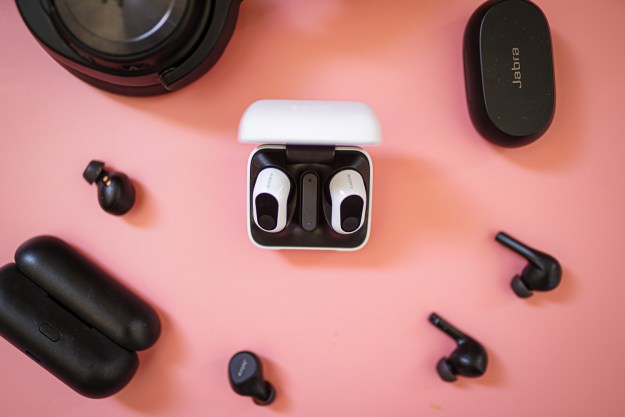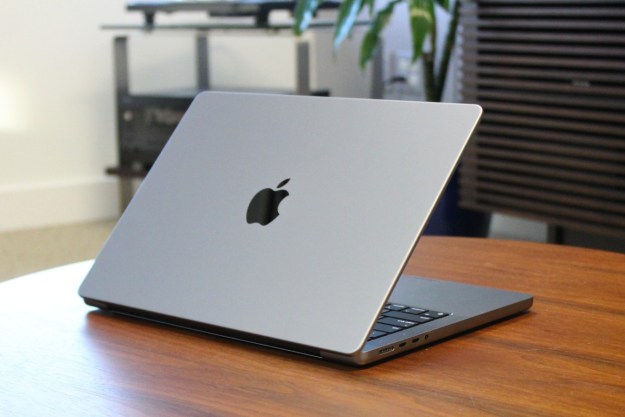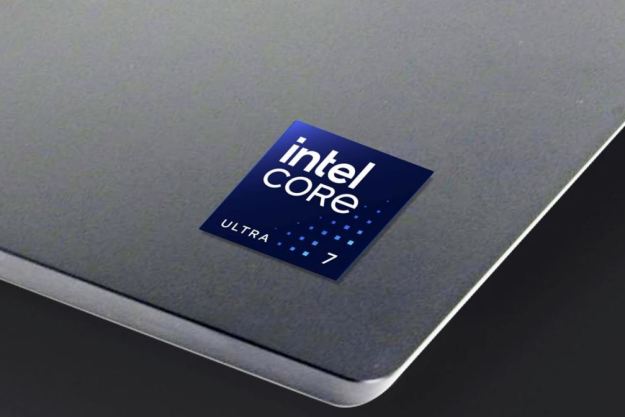First it was Dell, then Apple, then Toshiba, collectively issuing recalls for millions of Sony-made batteries used in selected notebook computer models. Now, electronics giant Sony has announced it is working with the U.S. Consumer Product Safety Commission on a global recall of lithium-ion batteries it made for notebook computers. The recall will impact most (if not all) of Sony’s customers for laptop batteries, including many major computer manufacturers. The news lands just as Toshiba and Dell expand their battery recalls (although Toshiba seems to imply the problem they’re concerned about is a separate issue), and Lenovo and Fujistu enter the fray.
Sony says details of its global recall program will be released once all the details have been worked out; the move comes as the company’s reputation as a battery manufacturer has been hammered by the sheer scope of recent recalls, along with a small number of well-publicized incidents of notebooks batteries bursting into flame as their batteries overheat. Sony blames the overheating problem on microscopic metal particles which got into the batteries during the manufacturing process; the particles come into contact with parts of the battery cell and cause a short circuit. In most instances, the battery will simple shut down, but in "rare cases" the battery can overheat and potentially catch fire. The number of batteries recalled by major computer manufacturers like Dell, Apple, Toshiba, and others has now approached 7 million; that number is sure to climb as more manufacturers (and Sony itself) issue additional recalls. Before Dell and Toshiba’s recall expansions yesterday, Sony and industry analysts were putting the cost of the recall to Sony at ¥20 to 30 billion (around $170 to 250 million USD).
Sony is one of the largest battery manufacturers in the world, and is likely to remain so even after this massive recall: it’s simply not practical for computer makers to switch to other manufacturers.
If you own a notebook computer with a Sony-made battery, for now the best course of action is to keep an eye out for recall notices from your notebook’s manufacturer, and refresh your memory about safe ways to use a notebook computers, including these guidelines from the CPSC, which warns against using notebook computers on soft surfaces like sofas which might restrict airflow, and (of course) laps. There’s a reason they aren’t called laptops anymore.
Editors' Recommendations
- How to check your laptop battery health
- How to show the battery percentage of your Mac
- How to recall an email in Outlook on Windows and Mac
- How to recall an email in Gmail on mobile and desktop
- The 5 best laptops for battery life in 2024


